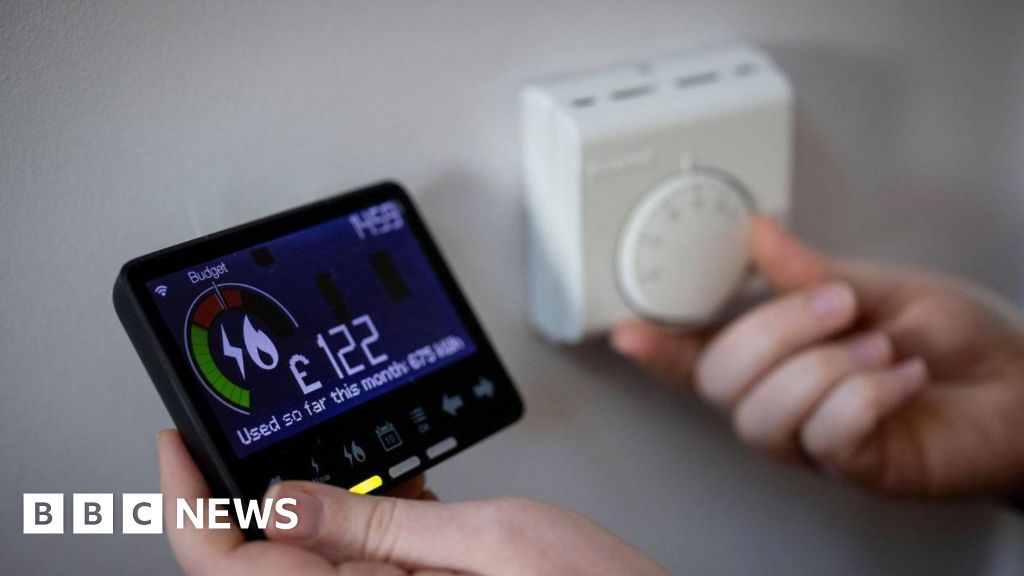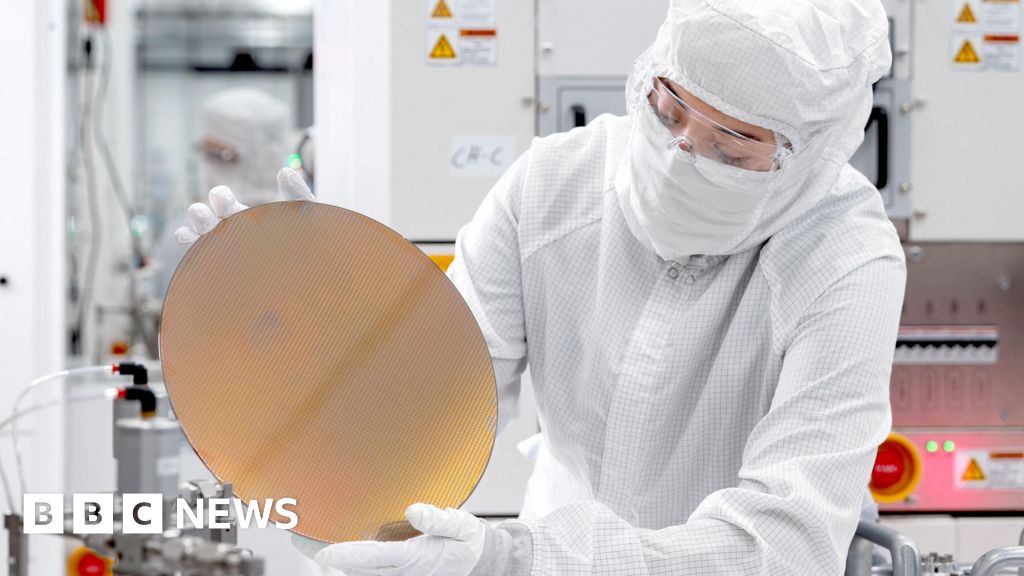Unlock the Editor’s Digest for free
Roula Khalaf, Editor of the FT, selects her favourite stories in this weekly newsletter.
Portugal’s central bank governor Mário Centeno has been cleared of wrongdoing by an ethics committee after he was proposed as the next prime minister by Socialist premier António Costa, who quit last week over a corruption scandal.
The central bank’s ethics commission concluded that Centeno had “acted with the reserve required in the circumstances” after Costa asked him to consider becoming prime minister.
The commission considered questions including potential conflicts of interest between the governor’s role at the helm of the central bank and the political request. The opposition Social Democrats said the saga brought the central bank’s independence into question and “demonstrated that [Centeno] is an actor of the Socialist party”.
Costa’s request became moot last Thursday when Portugal’s president Marcelo Rebelo de Sousa rejected the idea of appointing a new premier and instead opted to call a general election for March 10.
But the ethics commission, which met on Monday, noted related developments could have harmed the central bank’s reputation — a reference to an interview Centeno gave to the Financial Times.
Centeno told the Financial Times on Sunday that he “had an invitation from the president and prime minister to reflect on and consider the possibility of leading the government”.
But Rebelo de Sousa’s office soon after put out a statement disputing Centeno’s account, saying the president did not invite Centeno or anyone else to head the government nor authorise anyone to discuss the possibility.
In response, Centeno clarified his position, saying in a statement that Costa had “invited me to reflect on the conditions that could allow” the bank governor to become premier. He said “the invitation for this reflection resulted from the conversations that the prime minister had with the president of the republic”. He stressed that Rebelo de Sousa “did not invite me to head the government”.
Referring to the saga, the ethics commission said: “On an objective level, subsequent political-media developments may have damaged the bank’s image.”
It added: “The defence of the institution is even more relevant in a period such as the current one.”
Centeno told the Financial Times he had been “very far from reaching a decision” about Costa’s suggestion. He was previously finance minister in two minority governments led by Costa.
Costa has consistently denied wrongdoing in what began as a prosecutors’ probe into corruption among public officials. It encompasses two lithium mines and a hydrogen production facility, but is now centred on a big data centre project.
This week a judge dismissed prosecutors’ charges of corruption and malfeasance, narrowing the scope of the case to charges of influence peddling related to big investments.
Costa’s office said the influence peddling allegations “[refer] to an environmental impact assessment in which the prime minister had no direct or indirect involvement”.
Credit: Source link


.jpg#keepProtocol)








